What is a MERV Rating and Why Should You Care?
01/03/23

You’ve probably heard the term MERV rating several times when your HVAC is serviced but don’t really know what it means. In a nutshell, they’re the rating of your air filters and essential to the efficiency of your HVAC system.
But what on earth does MERV mean? If you’re not an HVAC technician, you may not know which air filter to choose for your home or business.
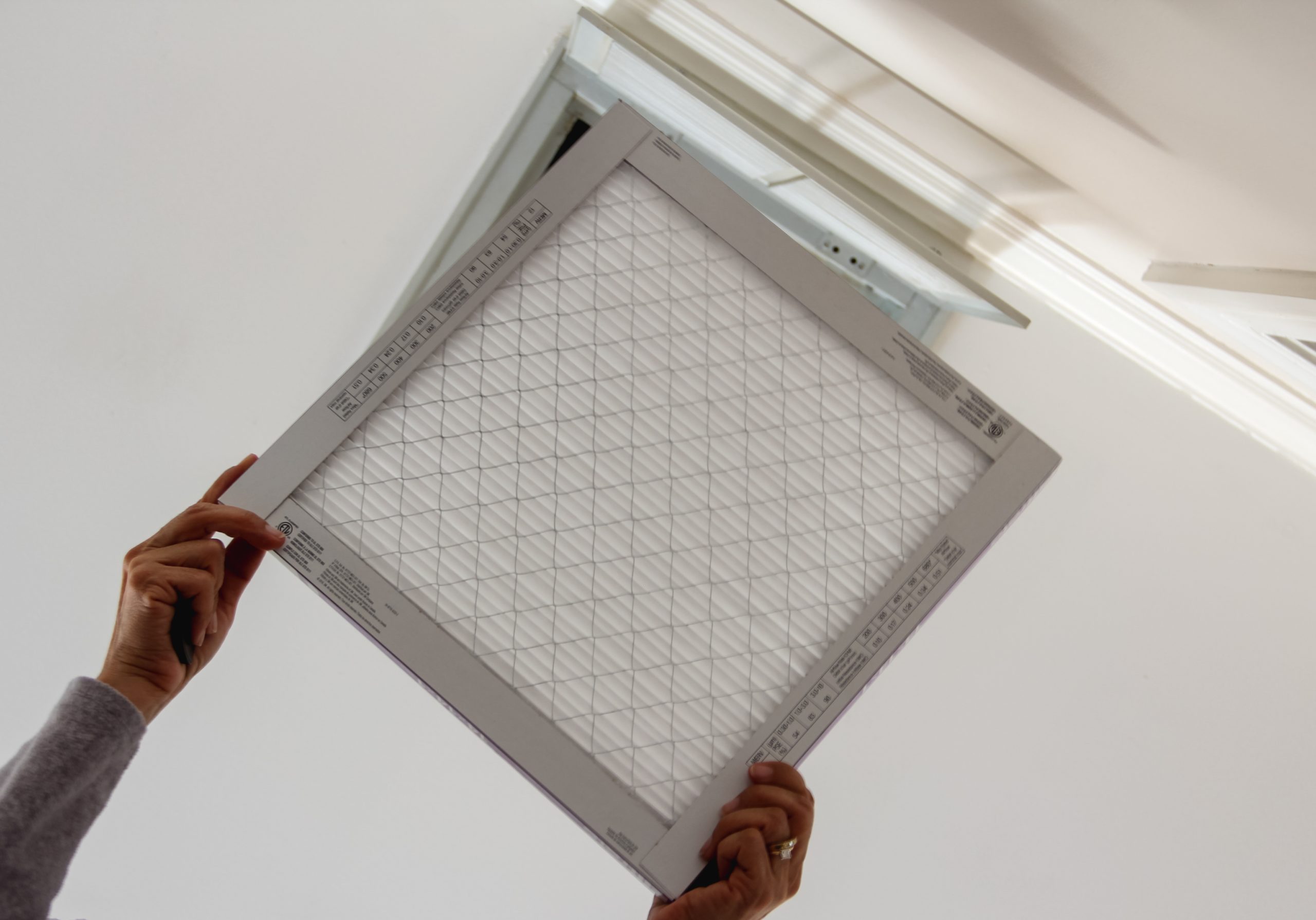
If you’re struggling to figure out what MERV ratings mean, you’re not the only one. We’ve put together some useful information to simplify the information. So, let’s help you figure out which MERV-rated filters will best suit your home or business needs.
What is a MERV Rating?
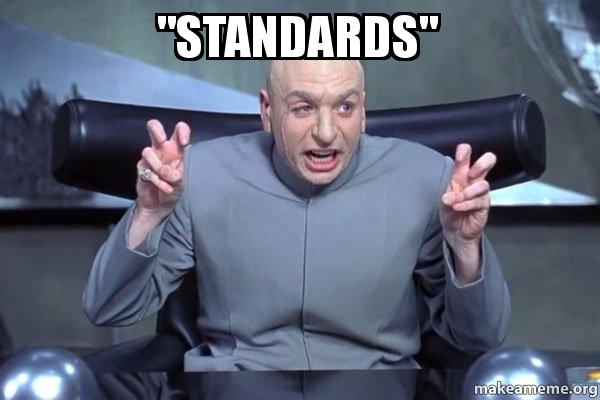
The higher the MERV rating, the more efficient a filter will be at removing particles from the air passing through it. Some of the highest-rating filters can stop particles as small as 0.3 microns from getting into the air.
The right air filter can be a game-changer for your indoor air quality, but most people don’t think about the filter they use. The main factors determining which filter is best for your home are your space’s square footage and the airborne irritants in your area.
Understanding a MERV Rating
A higher MERV rating means it can remove more particles from the air, which means cleaner indoor air. So, the higher the MERV rating, the better your air filter will work.
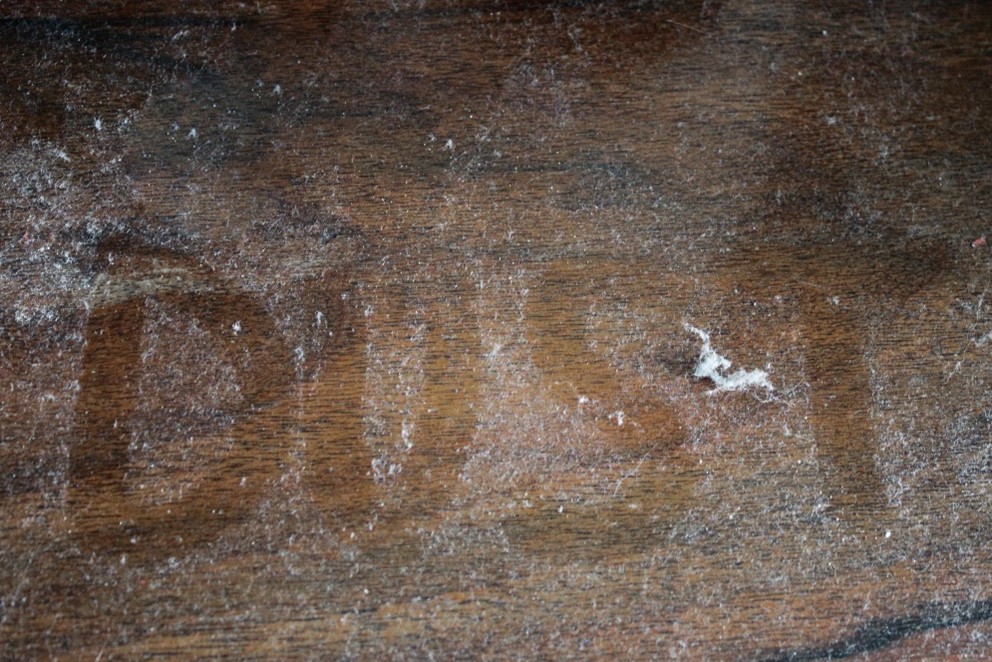
For example, if you want to keep pollen and dust particles out of your home, a 5 or 6 MERV-rated filter should be fine.
But if you have pets and/or allergies, it’s best to opt for an air filter with a rating of 9 or 10. These filters are much better at filtering out pet dander and particles that can trigger asthma.
If you’re unsure what MERV rating is best for your home, it’s best to consult a HVAC professional. They can help you decide how large an air filter you need and what type will work best for you.
MERV Ratings and Their Uses
The perfect filter for you will depend on several factors—including the size of your home and how many people live there. But an important one is the MERV-rating of the filter itself.
MERV rating 1-7
Air filters with a MERV rating of 1-4 are the least restrictive to airflow and trap less than 20% of particles 3.0-10.0 microns in size. These filters remove carpet fibers, pollen, and dust mites from the air.
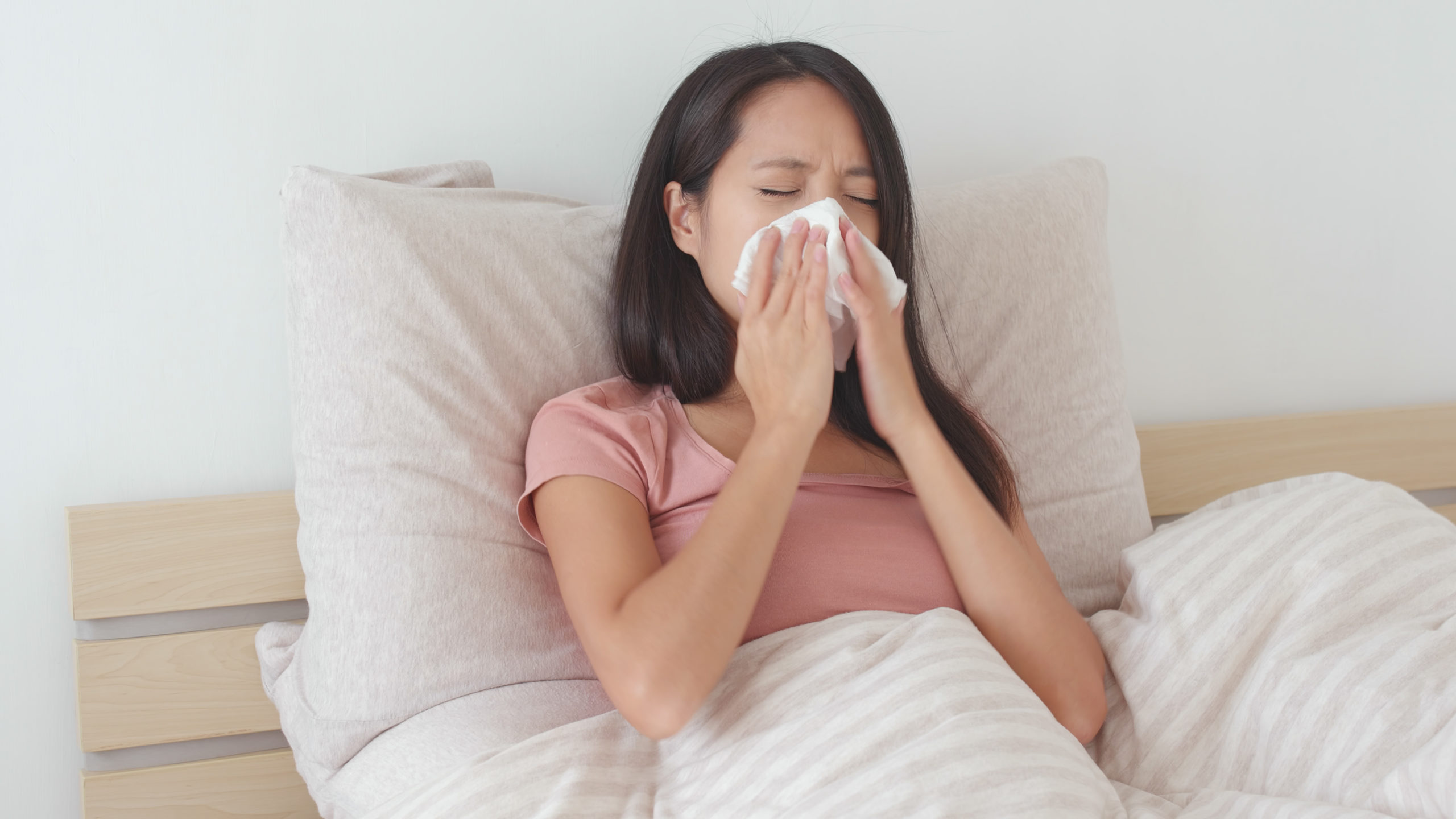
MERV Rating 8-13
Most residential households have an air filter with a MERV rating of between 8-13. These filters can prevent various pollutants from escaping into your indoor air, including:
- Pollen
- Dust mites
- Pet dander
- Mold spores
In fact, an air filter with a MERV rating of 10 can stop up to 65% of particles sized between 1-3 microns.
If you smoke indoors or have pets, a higher MERV-rated filter is recommended. Smoke is carcinogenic, so you want your filter to work as hard as possible. This is even more important if you live in an area with high outdoor pollution or suffer from asthma and allergies.
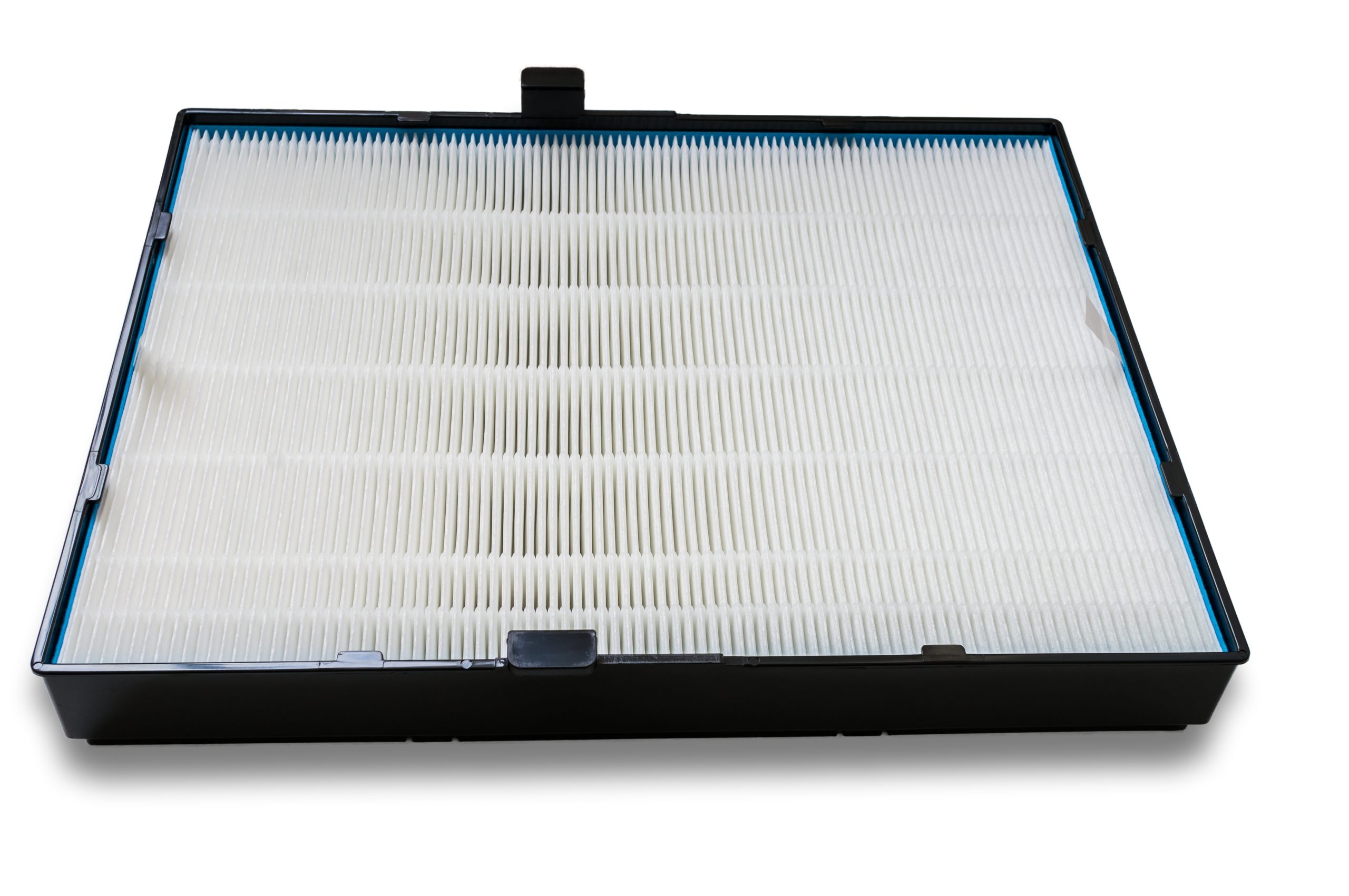
MERV Rating 14-20
MERV 14-20 filters are rated for use in hospitals and labs because they have been proven to capture 99% or more particles as small as 0.3 microns. This means they’ll significantly reduce the risk of cross-contamination in these areas.
You may think the higher the rating, the better. But these higher MERV air filters are more likely to overwork your HVAC system and lead to higher energy bills. So, stick to a rating of 8-13.
Air filters help to remove contaminants from the air that we breathe. The type of filter you choose will depend on what types of pollutants you want to remove from the air in your home. Every home is different and requires a different level of filtration, so it is essential that you select the correct filter for your needs.
Need help figuring out the right air filter for your HVAC system? Contact the experts at HELP today.
Posted in:




